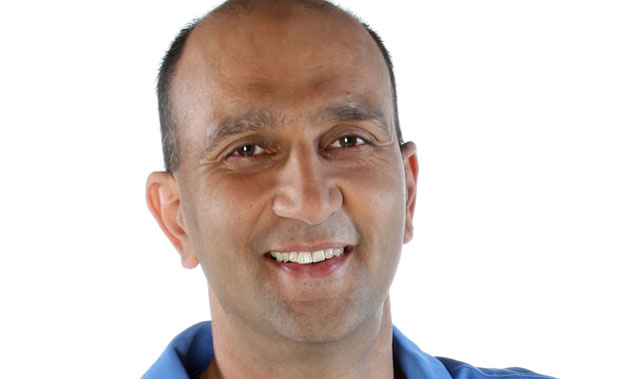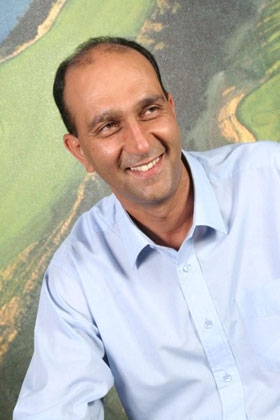
Though MultiChoice remains strongly opposed to the use of encryption, or conditional access, for South Africa’s free-to-air digital television migration project, it has not yet decided whether it will challenge government in court if cabinet decides to implement such a system.
Its South African group CEO, Imtiaz Patel, also worries that the fight over encryption is taking the industry’s eye off the looming competitive threat posed by companies like Netflix.
Cabinet looks increasingly likely to reaffirm its December 2013 decision in favour of encryption in the set-top boxes that South Africans will need to view terrestrial broadcasts once analogue signals have been terminated. This is after the ANC reportedly came out in favour of encryption at its recent lekgotla.
“Every business has to weigh up its priorities,” says Patel. “We have made our position absolutely clear and there’s no sense over-thinking things in advance. Let’s see what the outcome is and we’ll make a decision based on that.”
MultiChoice is strongly opposed to the idea of a control system, saying it will provide an unfair competitive advantage to prospective pay-TV rivals wanting to launch services in competition with the company’s DStv platform. It argues, too, that encryption is bad for consumers.
E.tv, on the other hand, is in favour of encryption, saying it’s needed, for one thing, to ensure free-to-air broadcasters can secure the latest international content to ensure they can compete more effectively with pay-TV players like DStv.
It’s a dispute that has dragged on for years and delayed South Africa’s digital migration project.
Patel worries that the dispute is taking the industry’s focus off the real threat, the imminent emergence in the South African market of international “over the top” competitors like Netflix, which has said it plans to launch its Internet-based video-on-demand platform locally before the end of next year.
“We are stuck in battles around historic stuff from a regulatory perspective while Rome is burning — in the sense that big international gorillas are potentially going to eat everyone’s lunch,” Patel says. “The tsunami is coming, and we are worried about rearranging the furniture.”
He says South African policy makers and regulators have to take these threats to local broadcasters, along with the technology disruption tearing through the industry, into account when attempting to regulate the sector.

“We are worried that existing proudly South African businesses in our space are going to get trapped by regulations that handcuff them and allow space for international over-the-top players to come and destroy businesses that have been built up over many years,” Patel says. “I’m talking free-to-air broadcasters, pay-TV broadcasters and local over-the-top services. This is a deeply vexing issue that needs to be thought about very clearly.
“We need to take a far more open-minded and cautious approach to proposed regulations. There needs to be deeper consultation with the role players so we can understand what overall impact [regulations] will have on South African companies,” he adds.
“If you have a [regulatory] regime that imposes restrictions on local companies, but these restrictions do not apply to international companies, it will be highly problematic.”
He says local content regulations, licensing conditions and taxes should be applied fairly to all players in the industry, including international players looking to enter the market.
MultiChoice is gearing up to compete with international online video-on-demand services, Patel says, although he believes satellite as a delivery platform is likely to remain robust, at least in the medium term. The two types of services could even end up being complementary to each other.
“Broadband in the future will have an impact,” he says. “How it will impact and how soon we don’t know, but we have to prepare for that future. We have to prepare for a broadband world.”
He says mass adoption of broadband-based TV could take longer than many people expect, but — as with the introduction of high-definition broadcasts — when it does happen, it could happen very quickly. — (c) 2015 NewsCentral Media




